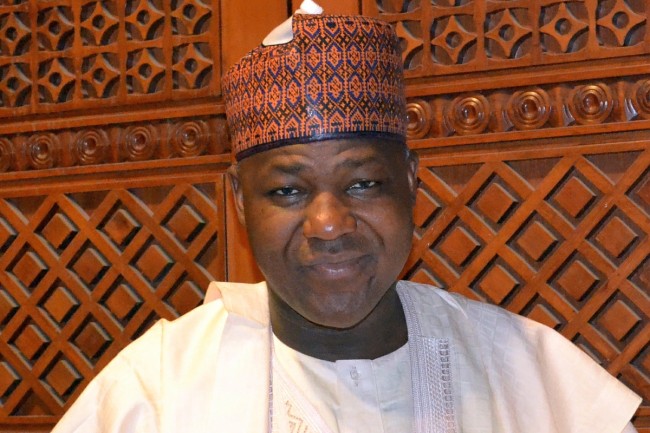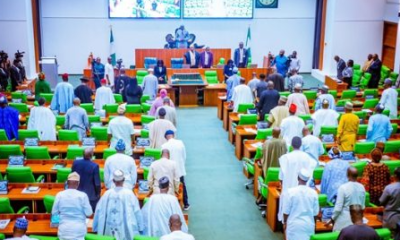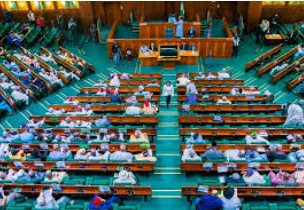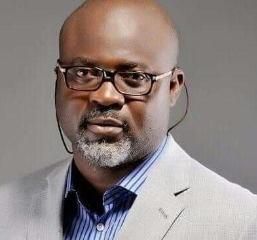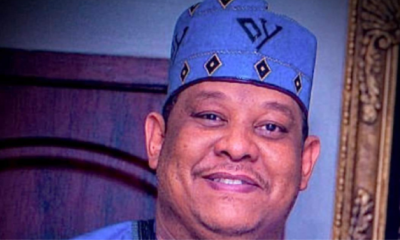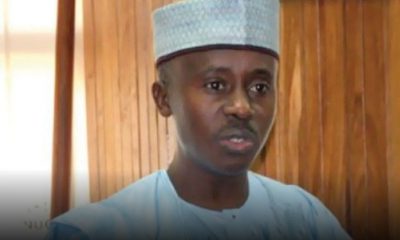The Speaker of the House of Representatives, Yakubu Dogara, on Tuesday, said that the new NGO bill seeking to regulate non-governmental organisations, NGO, will not affect religious organisations.
Honourable Dogara, in his welcome address after the House reconvened from a two months recess said there has been desperate attempts to instigate religious bodies and cultural organisations to oppose the bill by spreading falsehood that they are the target of the bill.
“For the avoidance of doubt, let me state once again that churches, mosques, esussu, market women associations as well as local quasi-financial institutions are not NGOs and thus the bill has nothing to do with their operations,” he said.
He vowed that the House would not be cowed into abandoning its legislative duties of providing a platform for Nigerians to agree or disagree with any proposed bill.
The bill sponsored by the deputy majority leader of the House of Representatives, Umar Jubrin, has come under serious criticism from both human right groups and Christians who sees it as another plot to promote Islam and gag NGOs.
ALSO SEE: Senate resumes, says no to Nigeria’s division
The Catholic Church recently took a swipe at the proposed Non-Governmental Organisation (NGO) bill, accusing the legislators of pursuing only selfish ends.
The Executive Director, Caritas Nigeria, an arm of the Catholic Secretariat of Nigeria (CSN), Rev. Fr Evaristus Bassey, said the bill was disingenuous in many respects.
One of the critics of the bill, Chidi Odinkalu, a former chairman of the National Human Rights Commission, has raised this as well as other elements in the bill that could make it open to being used to manipulate and gag critical NGOs.
The NGO regulatory bill has passed second reading in the House of Representatives and is at the committee level. The bill seeks to establish a commission that would regulate NGO activities.
The NGO regulatory agency, if established, would be headed by an Executive Secretary and a 17-member Governing Board to be appointed by the Nigerian President for a five-year tenure.

 Entertainment5 days ago
Entertainment5 days ago
 Health1 week ago
Health1 week ago
 Health4 days ago
Health4 days ago
 Football1 week ago
Football1 week ago
 Football1 week ago
Football1 week ago
 Crime4 days ago
Crime4 days ago
 Crime1 week ago
Crime1 week ago
 Education6 days ago
Education6 days ago
